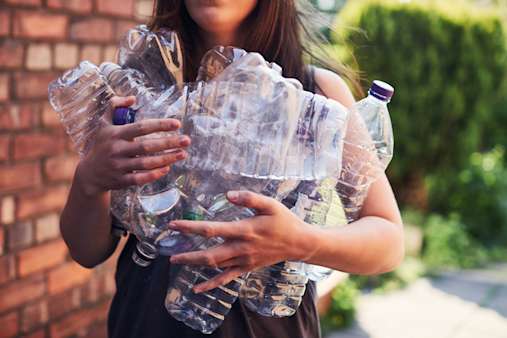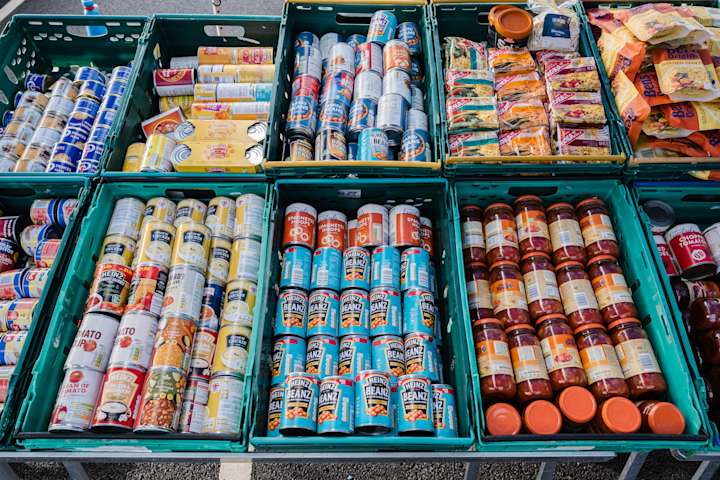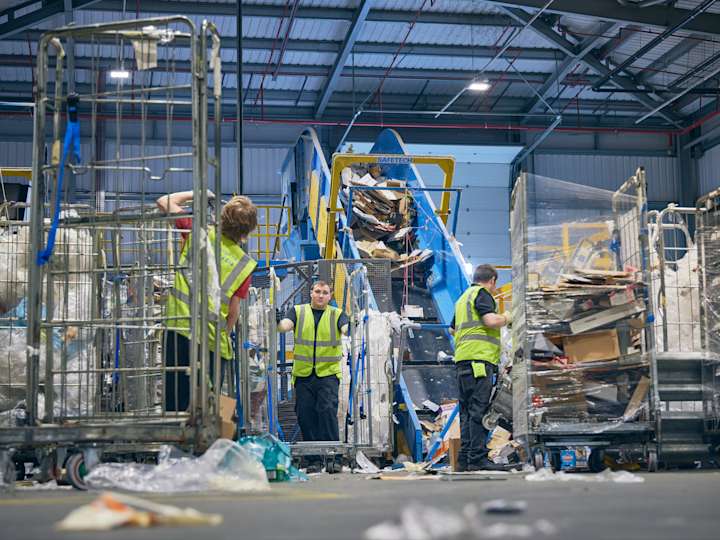Resource use

Reducing the environmental impact of the resources we use.
Download the 'Resource use' section of the Sustainability and Social Value report 2024 (PDF, 1.2MB)

Plastics and Packaging
Plastics and packaging are essential to keep food fresh and avoid waste. But we need to make sure our packaging:
- is designed to be recyclable at the end of its life
- has a minimal impact on the environment
- complies with current and emerging regulations in a cost-effective way
- is attractive to customers, using innovation where appropriate
We are committed to reducing our plastic footprint by 30% by 2025.
We’ve collected soft plastics across our UK-wide network of 2,300 collection points since 2021. With the lack of a UK recycling solution, we introduced soft plastic collection points in communities to increase recyclability and reduce the volume of soft plastic going to landfill. In 2024, we recycled over 2,000 tonnes of polyethylene. No soft plastics collected by Co-op were exported, sent to landfill, or incinerated without energy recovery.
To date, we’ve reduced our plastic footprint by 21% compared to our 2018 baseline year

Owned by you
In support of Recycling Week, over 17,000 members joined in to learn more about the impact of plastic packaging and to help shape how we might tackle the issue in the future.

Food waste
Food loss and waste is impacting negatively on the environment, the economy, food security, and nutrition. Our priority remains to prevent food waste and surplus from being created in the first place.
We partner with Caboodle at store, and a range of national and local partners at depot, to redistribute as much edible surplus food as possible, with the remainder being used to make green energy.
32% reduction in food waste since 2022


Operational and construction waste
Over the past year, we produced 58,628 tonnes of waste from our operations, with the proportion diverted from landfill remaining at 99% (2022: 99.3%). Our on-site Salvation Army collection banks also helped customers and members to donate 4.9kt of clothing and textiles.
In 2024, we continued to monitor construction waste through our partnership with Reconomy, recording 3,388 tonnes of waste and diverting 96% from landfill.

